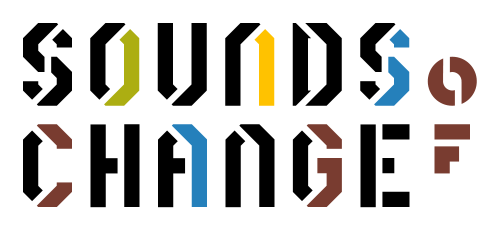'A light in the Darkness'
We’ve been working with many different communities in Lebanon, Jordan and Palestine in the past years. In refugee camps, marginalised areas and occupied territories. Every situation and location is challenging and requests a flexible and sensitive approach from our team.
Somehow we thought that Egypt would be kind of similar to the countries we've been working in before, but soon after we landed we could feel that Egypt is something else. The colours, the language, the heat, the smell, the people, the chaos. Besides that, the unbelievably big city Caïro (20 million people) doesn't only have a huge cultural diversity, it also has enormous contrasts between the rich and poor.
Ezbet Khair Allah, the area in which Ruwwad is based, is one of the largest unplanned communities in Egypt. It expands over an area of 2 square kilometers with an estimated population of 700,000, making it one of the largest and most densely populated informal communities in Egypt. Since the 1970s, migrants from rural areas started building their own wood and tin houses on the rocky hill today known as Ezbah. The residents of the state-owned land of Ezbah, have been living under the constant threat of having their homes demolished. The 'illegal' status of Ezbah has also deprived it of basic public utilities, like water, electricity and a sewage system. The residents therefore have organised themselves to distribute water and electricity cooperatively around the area. They also added some colours to the simply designed houses
The group of trainees we worked with was diverse, consisting of students from all ages, different religions and mixed genders. Some of them studied at the conservatory and others never played music before. We had to start building a safe group and work on the team spirit. It was a challenge in the beginning. Most of the girls were very shy, some of the guys were very loud and impatience. The language barrier, the 39 degrees (no AC) and the new culture made it even harder for us to read the group.
We reached a turning point on the third day of the training. Everybody started to listen more actively and gave space to each other, which created more freedom of creative expression in the group.
"I’m usually too shy to express myself and to sing, although people tell me my voice sounds nice. Here I found a place to do this. I felt there was a safe place to share and practice what I always loved." (Basma)
We sent the group on a creative mission to collect images and stories from their neighbourhood. They came back with such relevant topics, which they transferred into songs. In the songwriting process they were so driven to share their stories, to share their message of resistance against the thread of being evacuated by the government, and to share a message of hope.
Four songs came out of this creative process. These young people gave their community a voice. The energy was indescribably high after they presented their songs to each other. None of them believed that they would be able to compose songs together, but they did it!
"If feel proud that we created four songs about our community, El Ezbah. Some people in the community do not like it and others do, but I feel proud that we created music for them." (Fadi).




